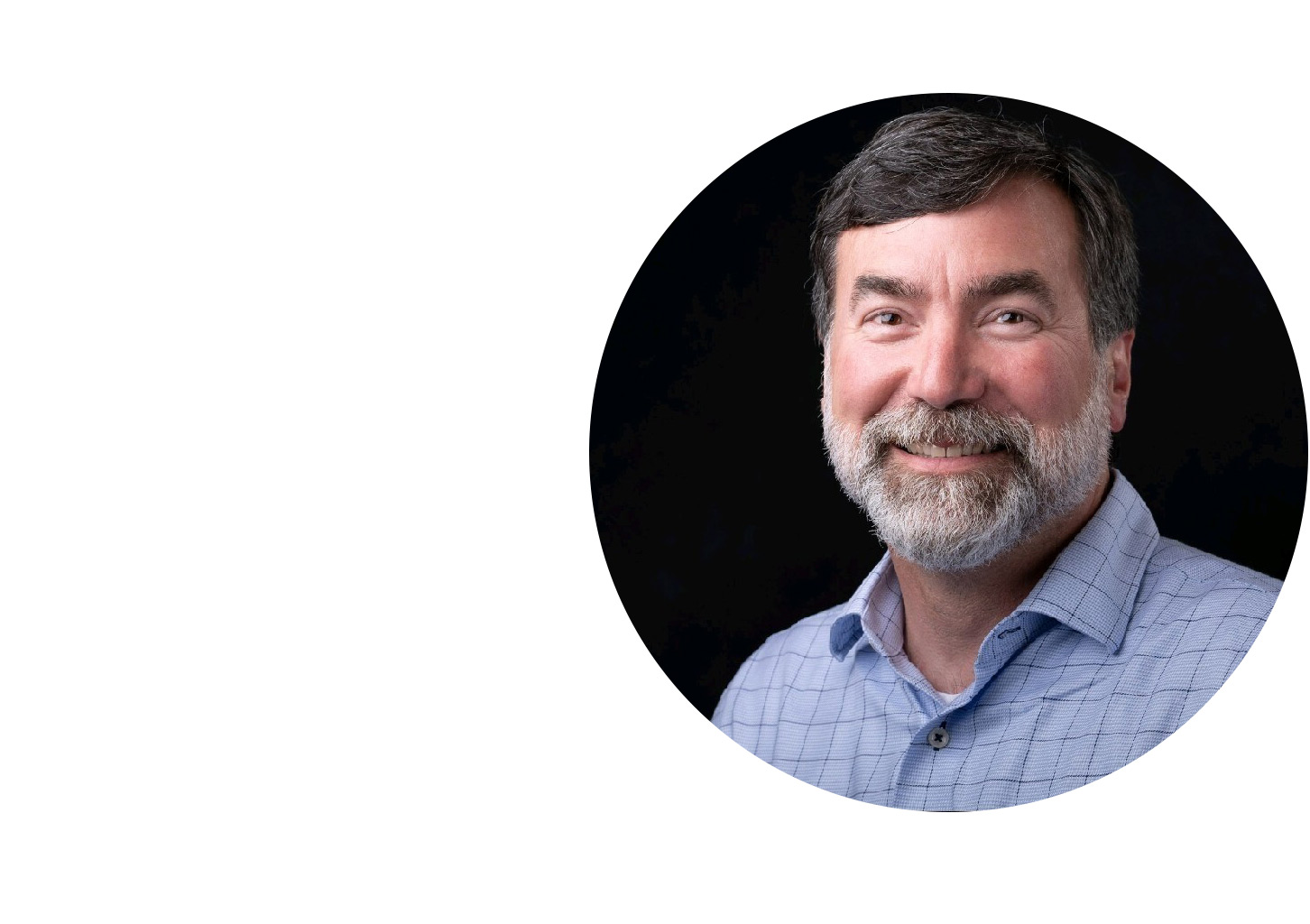
As individuals, human beings are constantly changing, even though it may not seem like it in the short term.
In what Harvard psychologist, Dan Gilbert, calls the “end of history illusion,” human beings seem to think that the people we are today are the people we are going to be in the future. Not so, according to his research and a presentation featured on TED.com.
One of the benefits of a long-term study was the inescapable fact that people in Gilbert’s studies actually changed far more than what they expected to change, in an imagined 10-year period into the future. At every point in the age range, actual reported change – in such things as personal values, personality, likes and dislikes – was far above the predicted change levels.
“So,” you ask, “why does this matter?” Well, it ties in with the way we make decisions. We know that everything that has happened to us – every experience, learning moment, discovery – is stored in our subconscious, along with the emotions that we associate with those experiences. Then, as we are confronted with some new situation, our brains immediately attempt to associate the new situation with something filed away in the subconscious. If nothing resonates, then the brain files this new experience for future use.
If we do connect with something in the past, then our brains immediately go into “association mode,” evaluate whether the past experience was good or bad, and then we make decisions according to what happened to us in the past. When we try to imagine something in the future, we have nothing on which to base our judgment, except the past. No surprise, it is easier to remember than it is to imagine – unless we can let go of the belief that we are a “finished product” with no more growing to do.
The good news is that we are NOT finished growing and changing, even if we think we are. As Gilbert reported, “The person you are right now is transient, as fleeting and as temporary as all the people you have ever been.”
The question is: Who do you want to be tomorrow? And the tomorrow after that, and the tomorrow after that? Let go of feeling “finished” and embrace the “want to be” in you. Your brain will be fully engaged in the future – and you’ll be happier for it.
Featured posts
May 16, 2023
May 16, 2023
May 16, 2023





